Innovation to attract private enterprises to participate in aviation
At an online exchange on Resolution 68 and opportunities for Vietnamese private airlines organized by Aviation Magazine on the morning of July 10, experts commented: If Resolution 68 is implemented in the right spirit, private aviation will enter a period of strong development.
Mr. Luong Hoai Nam, General Director of Bamboo Airways, informed: “ Private aviation is currently making a very important contribution, serving the travel needs of people and socio-economic development. Currently, the market share has accounted for more than 50%. And I believe that in the coming years, there will be many other private airlines participating in the market .”
Therefore, according to Mr. Nam, to help the Vietnamese aviation industry develop and contribute to the goal of sustainable development, in the spirit of Resolution 68, businesses in general and private aviation businesses in particular want a favorable investment and business environment and mechanism.
Mr. Nam also said that in the context that Vietnam has a huge potential for aviation growth, estimated to increase by more than 10% compared to the present, the State should proactively invite and create favorable mechanisms for the private sector to confidently invest.

Experts say that Vietnamese aviation still has a lot of room for development. (Illustration photo)
Sharing the same view, Dr. Nguyen Si Dung also emphasized: Resolution 68 is a breakthrough in policy thinking, creating a legal framework, affirming the highest vision of private economic development, which is to ensure equality in business access for the private economy. Currently, private enterprises in general and private aviation enterprises in particular really need equality in operation.
" This is extremely important. Private enterprises need to have access to the same credit policies as state-owned enterprises, without discrimination in terms of loan conditions, terms or guarantees. If they provide the same service and operate the same flight route, there is no reason why state-owned enterprises should receive preferential treatment while private enterprises should not.
Or there must be open and transparent bidding so that private enterprises have the opportunity to access and compete fairly in investing in aviation infrastructure development.
In addition, there needs to be equality in receiving information and opportunities to exploit flight routes. Private enterprises should not operate in a space lacking information or being passive.
Finally, there needs to be equality in inspection and supervision. If there are inspection and supervision activities, they must be objective, in accordance with regulations, and not create unnecessary pressure on private enterprises, especially in the expansion investment phase or when they have just started operating," Mr. Dung explained.
To make private investment in the aviation sector more effective, Mr. Nguyen Si Dung said: We need to experiment and change.
Specifically, in the field of civil aviation, it is necessary to soon amend regulations in the direction of shifting from "licensing management" to "post-audit management". The current mechanism is too strict, not encouraging creativity or initiative.
It is necessary to abolish unnecessary business conditions that hinder competition. For example, overly strict regulations on charter capital, number of aircraft at the time of licensing, or foreign ownership ratio in airlines.
These conditions are no longer practical and, if not adjusted, will continue to inhibit the participation of new investors, especially the private sector and international partners.
“ We need a suitable experimental institutional model for new airlines, to encourage innovation in a healthy and substantive way ,” Mr. Dung stated his opinion.
According to Mr. Dung, many new models have appeared in the world such as flying taxis, electric planes, and other modern air transport technologies. However, in Vietnam, we do not have a suitable legal framework for testing, while current regulations set standards that are too high, making it impossible for businesses to access. Therefore, it is necessary to amend the institution to create conditions for innovation.
We should not maintain all the strict business conditions as they are now. Instead, we should retain the conditions that are truly necessary, especially those related to aviation safety - this is a non-negotiable factor.
Conditions such as minimum investment capital for airport infrastructure, terminals, ground services, etc., are clearly not necessary to be rigidly applied to all businesses. This unintentionally makes it difficult for new businesses and hinders the flow of private capital into the aviation sector.
Expectation of Resolution 68 to remove barriers
According to Ms. Trinh Thi Huong - Deputy Director of the Department of Private Enterprise Development and Collective Economy ( Ministry of Finance ), Resolution 68 has strong significance for many industries, including the aviation industry, because this is an industry that requires capital, technology, high techniques, and strategic thinking. In addition, Resolution 68 also has highlights on handling monopoly and administrative reform. This is a great desire of the aviation industry in removing barriers.
According to Ms. Huong, the Vietnamese aviation market has about 7 commercial airlines, including 1 private airline that is about to join, Sun Phu Quoc Airways. If flying exclusively, there are 4-5 airlines, including Vietnam Airlines; Vietjet Air; Jetstar Pacific Airlines; Bamboo Airways; Vietravel Airlines.
“If it is a low-cost flight, it is still quite low compared to other countries. With a domestic market of 100 million people, the potential of the Vietnamese aviation market is still quite large. Therefore, with the breakthrough of Resolution 68, the aviation industry will have breakthroughs in the near future,” Ms. Huong said.
Regarding the overall picture of the current Vietnamese air passenger transport market, Mr. Luong Hoai Nam said that, looking at the current situation, the Vietnamese aviation market is currently very good. “In general, the domestic market is a beautiful picture. In the first half of this year, more foreign visitors came to Vietnam than in the whole of 2016. This year, the expectation is to reach 22 - 23 million tourists coming to Vietnam, of which 70 - 80% of passengers traveling by plane are for tourism, this is a bright spot for the tourism and aviation industry.
However, like the case of Van Don airport or Phu Quoc, despite the participation of private enterprises such as Sun Group in management, the airport infrastructure still does not fully meet the requirements. Therefore, in the future, more investors need to participate to create a modern, synchronous and truly effective airport system," said Mr. Nam.
Source: https://vtcnews.vn/doanh-nghiep-hang-khong-tu-nhan-ky-vong-lon-tu-cu-hich-nghi-quyet-68-ar953678.html


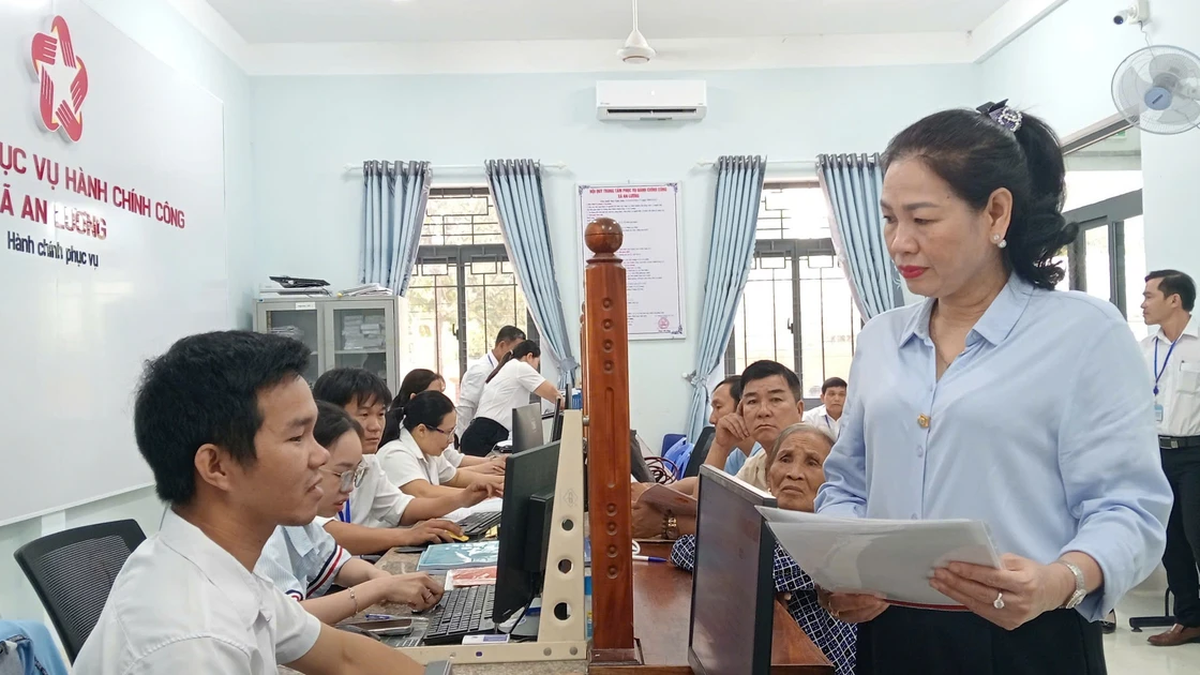
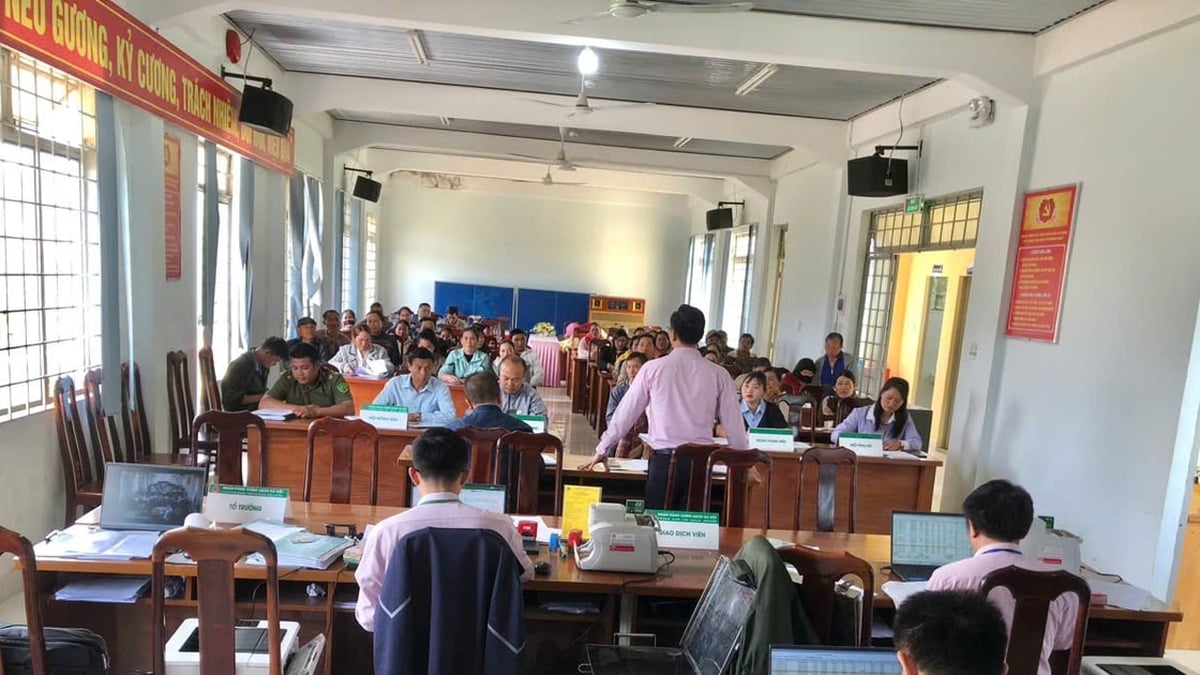



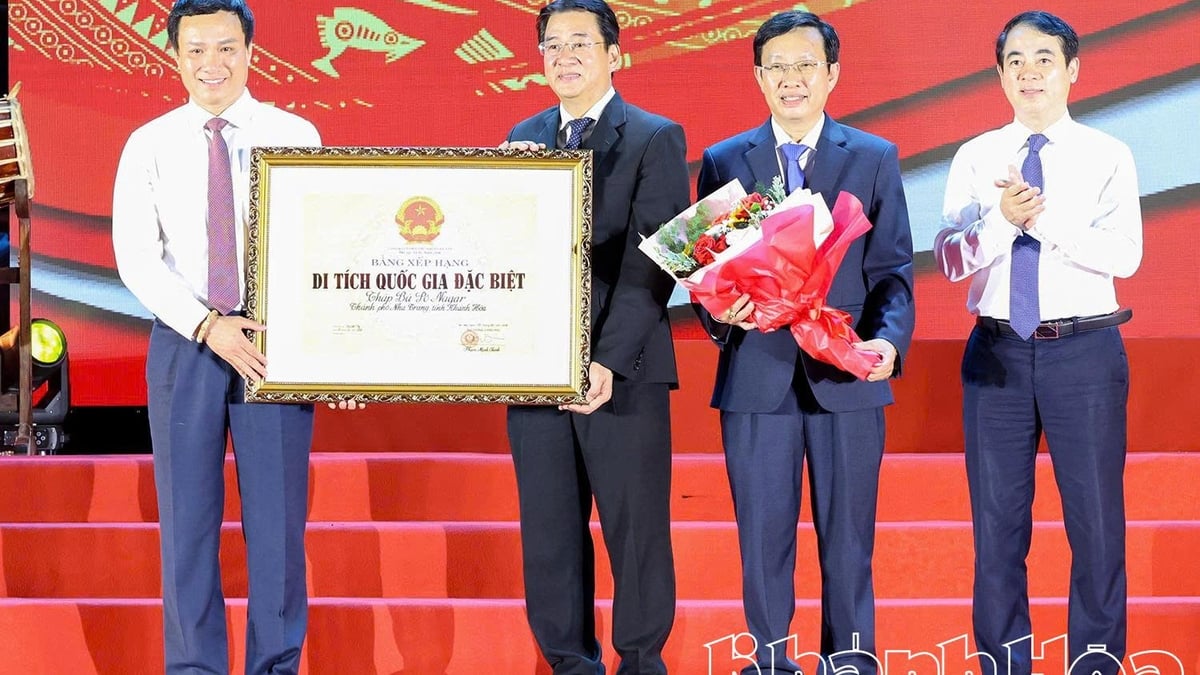















![[Photo] Gia Lai provincial leaders offer flowers at Uncle Ho's Monument with the ethnic groups of the Central Highlands](https://vphoto.vietnam.vn/thumb/1200x675/vietnam/resource/IMAGE/2025/7/9/196438801da24b3cb6158d0501984818)














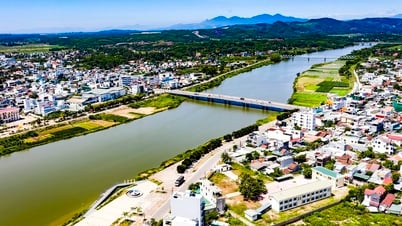

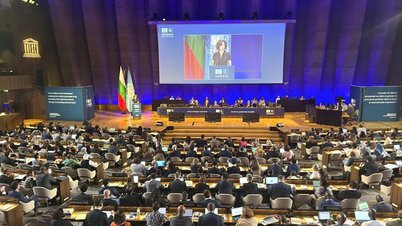



















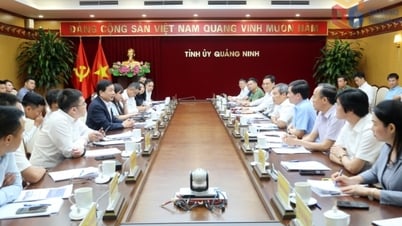










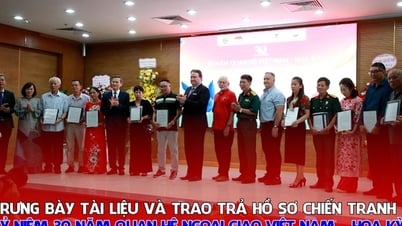



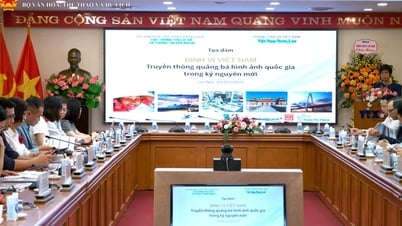
























Comment (0)